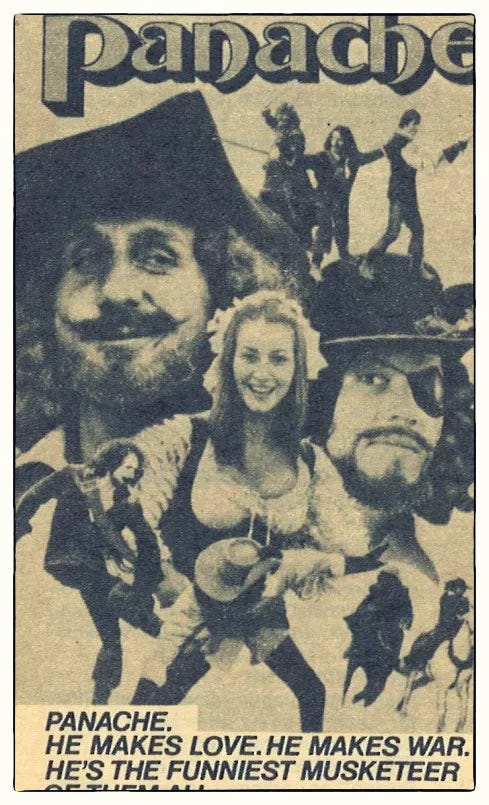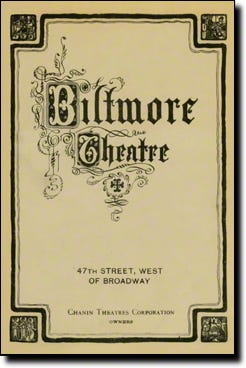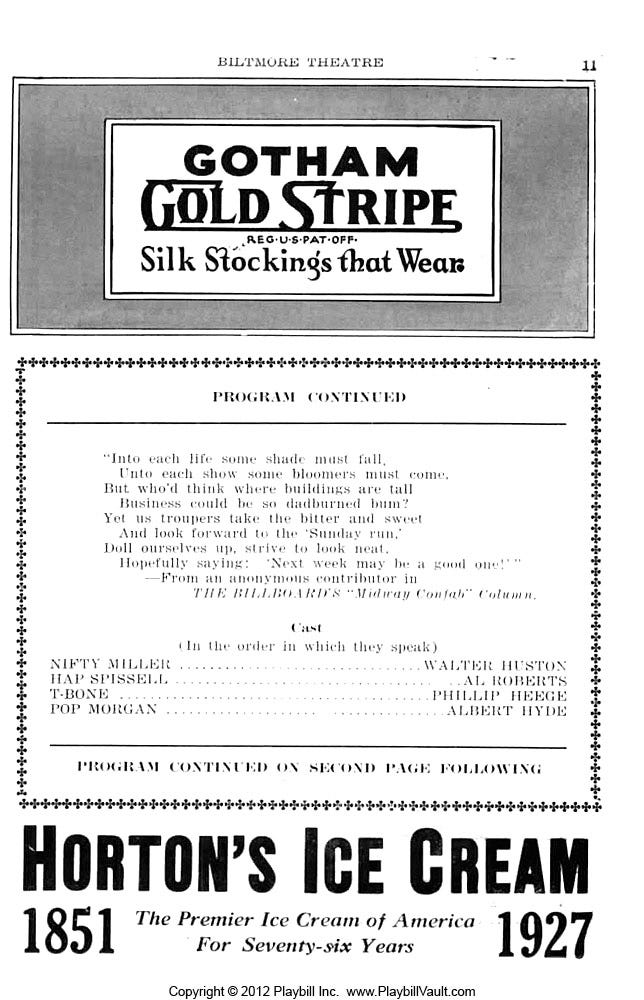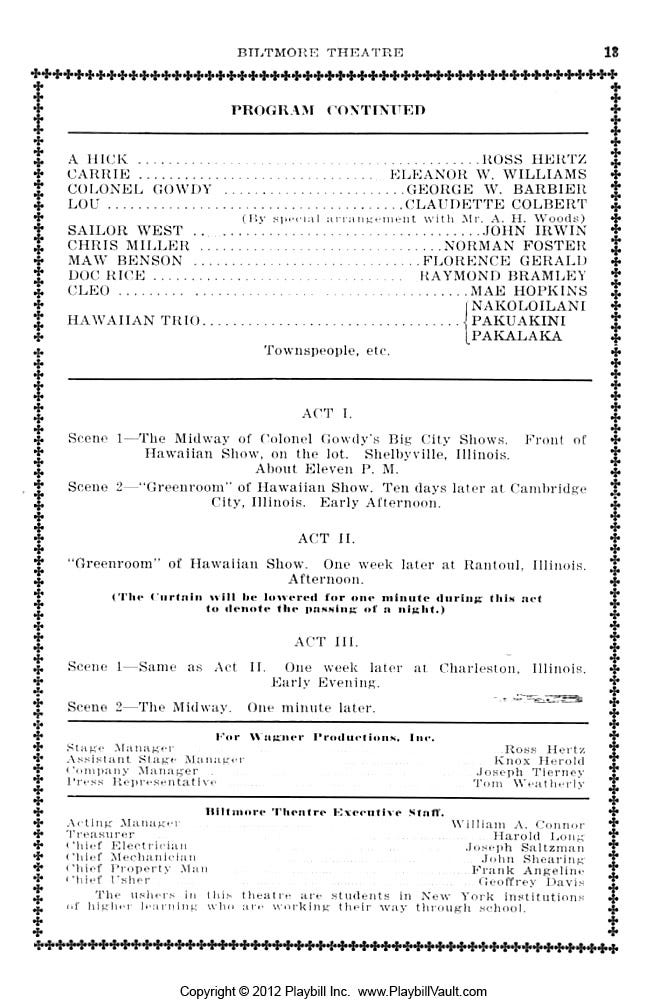Sunrise on the Reaping: Characters & Connections (District 1, Part 1)
My thoughts on: The names, their meanings, & relevance to history.
Tributes from District 1 - 50th Games:
Panache Barker (B)
Silka Sharp (G)
Loupe (B)
Carat (G)
Panache:
Definitions pulled from Merriam-Webster unless otherwise stated:
Panache -
1) an ornamental tuft (as of feathers) especially on a helmet
2) dash of flamboyance in style of action; verve
Additionally, The Art Institute of Chicago has panache on display (or in the archive) in multiple forms. First, mirroring definition one, are sparring knights with decorative plumes atop their heads. The 2017 article includes visual examples, as well as a note that they were only meant to last for one tournament before being discarded or broken apart for reusable pieces...
That sounds eerily familiar to the lifespan of one Panache Barker, no? Created for the games, if you will, but most of the tributes from district 1 and 2 will still perish. On a good year, if one of them wins, that’s only a 25% survival rate for said ‘trained’ tributes (with 1 of 4 surviving as the victor). During these games though? Twice as many tributes means those odds, assuming *wrongly* that a career tribute will win, are 12.5%. Most of them? Are being sent, or volunteering willingly, knowing they most likely won’t make it back home. If you choose to count District 4 among the careers, which I typically don’t, then the chances slim even further.
The second form of Panache found in the archives at The Art Institute of Chicago is a type of furnishing fabric. (Both are off view - Example 1: Made in London between 1982-1984, Example 2: Made in Australia in 2002.) An interesting find, considering it’s not related to definition but brand, but something to consider none-the-less… An outer coating of decoration, a fabric which could be used for re-upholstering… Interior design sounds like a job you’d find in district one, in my humble opinion. (Keep the fabric connection in mind, as we’ll find expanded connection in the last name.)

Another Panache which I feel is relevant to this discussion was the comedic pilot episode for a series that was never picked up. Though it was a tribute to the earlier film, The Three Musketeers, it did not garner the same attention and success.
1) Yet another instance of a start which had an earlier than intended end… Oh, the layers!
2)How many was it again that attempted to slaughter Haymitch? That’s right! Three! Panache & the other musketeers, if you will, Barba & Angler
The pilot was the first and only episode, much like the debut of one Mr. Panache Barker. These films, considered swashbucklers, were showy swordsmen saving the day from the dastardly villains and saving the damsel in distress. The hero of the failed series was named Panache, a reference that traces back to another successful swashbuckling story: Cyrano de Bergarac, a play written in 1897 by Edmond Rostand. In the play, contrary to the depiction of Panache in Sunrise on the Reaping, Cyrano is the eloquent secret penman of love letters from Christian to his love interest Roxanne.
With how Panache’s interview was twisted to make him look like an ‘unintelligent meathead’, per Haymitch’s description, is it possible that he may have had more under the surface? Though there’s not a lot to support that, it’s interesting to consider… Regardless, loudly and confidently he went out brandishing his sword like a hero on a mission… ‘A reckless courage’ the panache which Cyrano and Mr. Barker carry with them until the end.
BUT WAIT! What if Panache could be something we’ve heard audibly before, but don’t recognize in print? ‘Pan-ah-shay’ more closely reflects the pronunciation for the French Panache, or Shandy in English. Looking back at Merriam-Webster, we find:
Shandy - a drink consisting of beer mixed with a non-alcoholic drink, especially: beer mixed with lemon soda.
Ring a bell? Just as dictated in the house of Plutarch, he was a ‘Near Beer Career’… and his name told us from the very start!
Now, on to the last name…
Barker -
1) one that barks, especially: a person who advertises by hawking at an entrance to a show
2) one that removes bark or prepares bark
A last name, which didn’t immediately scream “DISTRICT 1” to me… I decided to spend a little time looking into the word as it may refer to military operations, vehicles, people, etc. That search led me to Operation Barker (1944), which may have been called Operation Barkers initially (We’ll come back to this operation when we discuss District 4…). Though it was later changed to Barker, the initial ‘Barkers’ was a reference to Barkers of Kensington. This was (& here’s the earlier mentioned fabric connection!) originally a small drapery business, which eventually grew into one of London’s largest & most recognizable department stores. Now that? Sounds a lot like District 1 to me! A company which maintained a policy of expansion, until the start of WWI which devastated the business (Dark days anyone?).
Looking through not just the military connections, but the possible connections in literature & film led to one Kenyon Nicholson, the author of a broadway play called The Barker (1927). On playbill, I was able to find these images from its run at the Biltmore Theater:




1) Complimint ad: Life Savers, which were said to ‘take your breath away’ & ‘aid in digestion’ per the add. (Though not the same product, do you remember the tablets found in the backpacks of the tributes? Those charcoal tablets that ended up being a necessary ‘life saver’?)
2) Gotham Gold Stripe ad: stockings, specifically silk stockings (pin this for just a moment!)
3) Horton’s Ice Cream ad: ‘the premier ice cream of America’ according to the add… (Ice cream & silk both make appearances in the Sunrise on the Reaping. Both references? From conversations connected to one Maysilee Donner.)
4) Staff: ‘The ushers in this theater are students in New York institutions of higher learning who are working their way through school.’ (Knowing of the mentor situation in BOSAS, and the stylists in SOTR also being students… this leads me to the conclusion that the game-makers sent into the arena during the games were also students. Though, more likely in college.)
After noticing that the ads are all present on the playbill for The Barker, you have to wonder: If this is just the playbill, what else is contained within the play? Later adapted into film, the story involves a carnival barker whose estranged son falls for one of the performers. The performer? A snake charmer named Lou. Lou Lou & her snake laden appearance for her interview then become connection number five. Her connection in the movie is described as creating further estrangement between the barker & his son, as “that life” wasn’t what he wanted for his child… To me, that very much sounds like a Mr. Wyatt Callow (who was at odds with his father) choosing to protect Lou Lou and thus driving an un-mendable wedge between them. Except this time, what he wanted from his son was a more profitable death.
“What does this have to do with Panache!?”, you might be wondering… & trust me, I did too, but I think it’s about the story’s progression through differing versions of publication (like so many others in this series!). The original stage production (1927) was quite the success, drawing attention from & picked up by a subsidiary of Warner Bros. The film (1928) under the same title was successful enough that the story was later used again in recreations called Hoop-La (1933) & Diamond Horseshoe or Billy Rose’s Diamond Horseshoe (1945) where the carnival shifts to a night-club… which brings me back to Panache & SOTR… A successful predecessor, inspiring continued recreations of the story (albeit, with adjustments made) in hopes of equal or greater success… Similarly, Panache was the attempted “recreation” of at least one prior victor. The winner of the 46th games being a relative of his named Palladium Barker, and there could certainly be others not yet mentioned in text.
Additionally, when looked at from the angle of the Barkers being from District 1 & their catering to the luxury items or services which might be used by those in the capitol… it isn’t too far fetched to consider involvement in a carnival or nightclub of some kind, offering ‘rare & astounding’ entertainment for those with money to spend. We’ve already been given the example of Pluribus Bell (in BOSAS) running a night club in the capitol during the pre-war days, & by this time there would have most likely been quite the resurgence in demand for such activities as Panem’s capitol recuperated and excess was once again considered ‘in’. If the Barker family is already familiar creating & participating in a show for capitol entertainment as a career (a night club/broadway/carnival/film/etc.), then the possibility is there that for them the act was habit even prior to the games… As devoted careers they fall promptly in line, knowing just how dangerous the tight-rope of a line is that they walk between life & appeasement. To respond any other way *almost always* reduces the survival odds to zero.
It just goes to show that in the world of Panem, everything is connected to the show.
Thoughts Not Previously Noted:
11 to 1 odds for betting & a 31.25% chance to win the games (per Wyatt’s assessment), but is instead killed by a poisonous blow dart in… 11th place.
Similarly, Panache & Barker both insinuate flare and the drawing of attention… the opposite of his last moments & his manner of death. In contrast to his name, his end had little fan-fair… even he realized not that it was approaching, and silently he met his end.




